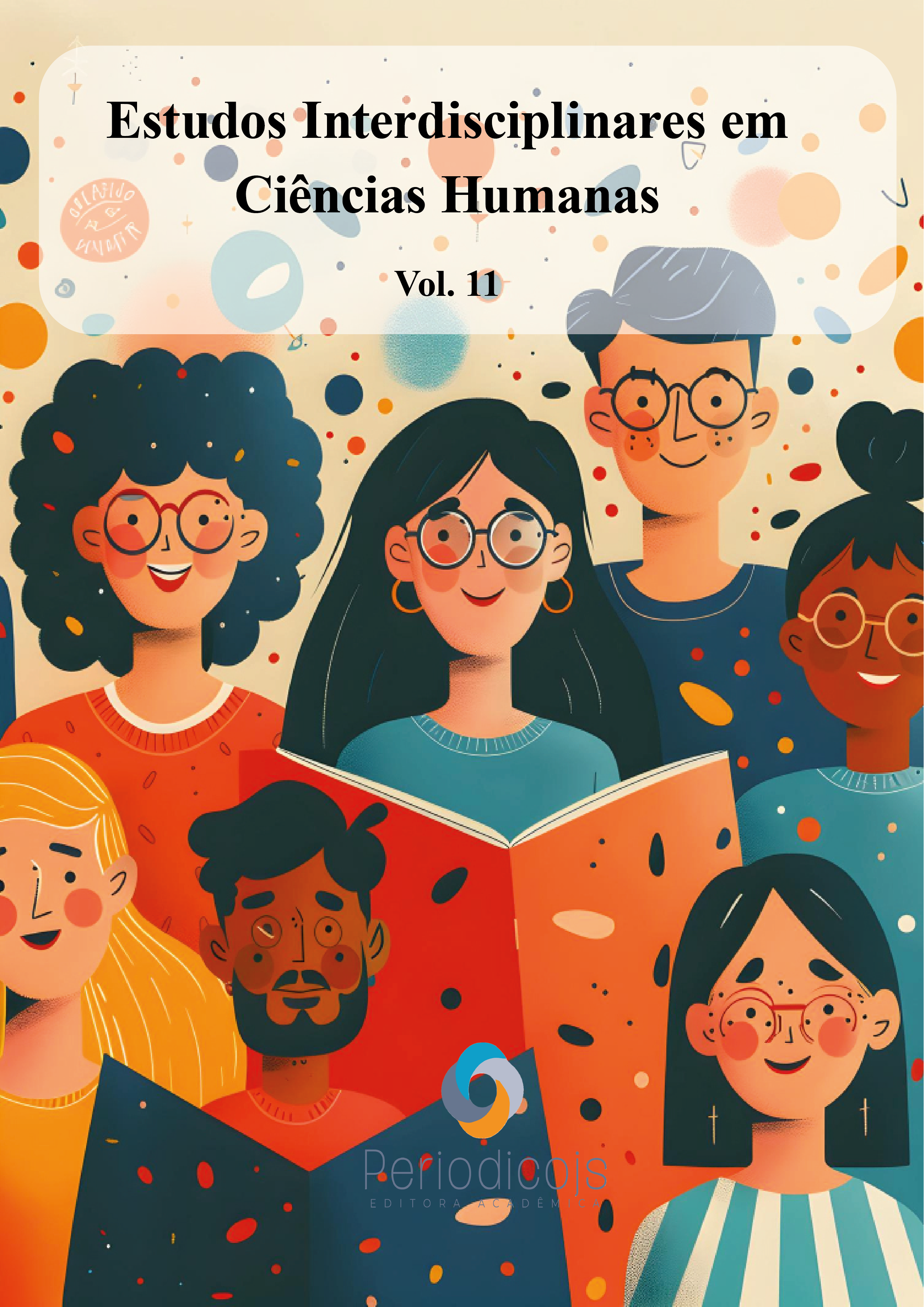Resumo
A hermenêutica perpassa o caminho da filosofia desde os tempos de Platão, da antiguidade clássica. Surgiu no campo teológico a partir da necessidade de interpretação das escrituras Sagradas; mas tem como principal finalidade a compreensão humana. Como doutrina da arte da compreensão e da interpretação, se desenvolveu no caminho teológico e filosófico. A hermenêutica gandameriana tem uma tarefa crítica, cabendo-lhe determinar o verdadeiro sentido das ciências do espírito e a verdadeira amplitude e significado da linguagem humana. Nessa perspectiva contribui de maneira eficaz para o processo ensino aprendizagem; e sob essa importância os educandos, educadores e todos os outros atores desse processo, como: direção, auxiliares, supervisão, coordenação, comunidade e família, que são protagonistas desse processo, tornam-se capacitados a contruirem uma relação dialógica, voltada ao ato de interpretar e compreender, onde o sujeito não deve ser considerado como uma consciência solitária a desvendar sentidos prontos. No entanto, há a necessidade de aprofundar o conhecimento a respeito da hermenêutica, como pressuposto para a formação e a prática pedagógica dos professores e que os mesmos possam desenvolver sua práxis de forma dialógica e reflexiva, principalmente levando em consideração a realidade em que os atores do processo educacional estão inseridos, considerar o contexto no âmbito social contemporâneo. É, portanto proposta deste artigo corroborar junto aos docentes, a oportunidade de compreender a necessidade de envolver no processo ensino aprendizagem uma discussão em volta da hermenêutica e refletir sobre sua importância para o processo educacional.
Referências
FREIRE, Paulo. Pedagogia da Autonomia: saberes necessários à prática educativa. 34°ed. São Paulo. Ed. Paz e Terra, 1996.
GADAMER, Hans-Georg. Verdade e Método II. Complementos e Índice. 2.ed. Petrópolis: Vozes, 2004.
GRONDIN, J. Introdução à Hermenêutica Filosófica; tradução de Benno Dischinger. São Leopoldo. Ed. UNISINOS. 1999.
HERMANN, Nadja. Hermenêutica e educação. Rio de Janeiro: DP&A, 2002.
MINAYO, Maria Cecília de Sousa. O Desafio Do Conhecimento: Pesquisa Qualitativa em Saúde- 8 edição- São Paulo: Hucitec, 2004.
MORIN, E. Os Sete Saberes Necessários à Educação do Futuro. Cortêz: UNESCO, 2002.
OLIVEIRA. Manfredo A. de. Hermenêutica e cultura: a problemática da relação entre filosofia e culturas. In: BOMBASSARO, Luiz Carlos; DALBOSCO, Cláudio Almir; Edical ZUIAVA, Evaldo Antônio. (orgs.). Pensar sensível: homenagem a Jayme Paviani. Caxias do Sul: Educs, 2011. p. 411-431.
GUEDIM, Evandro. Hermeneutica e pesquisa Educação: Caminhos da Investigação Interpretativa. FEUSP, EUA. 2003.
CÁRDIAS, Sibele Macagnan. O diálogo como elemento mediador de práticas educativas reflexivas. UFSM. P. 06.
CORETH, Emerich. Questões Fundamentais de Hermenêutica; tradução de Carlos Lopes de Matos. São Paulo. EPU, Editora da Universidade de São Paulo, 1973.
CROCOLI, Daniel José. Contribuições da Hermenéutica Filosófica de Hans Georg Gadamer para a Educação IX ANPEDSUL. Seminário de Pesquisa em Educação da Região Sul.USC. 2012.
CRUZ, Raimundo José Barros. Compreensão e diálogo: contribuições da hermenêutica gadameriana à educação. Passo Fundo: UPF, 2010.
DEMO, Pedro. Educar pela Pesquisa, Campinas/SP, Ed. Autores Associados, 1996.





